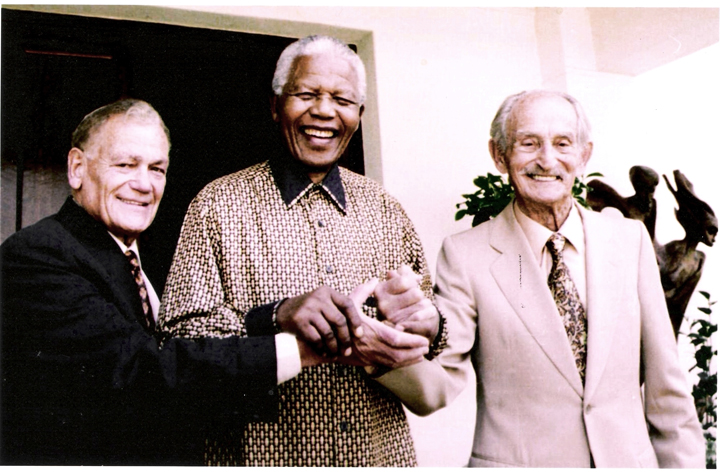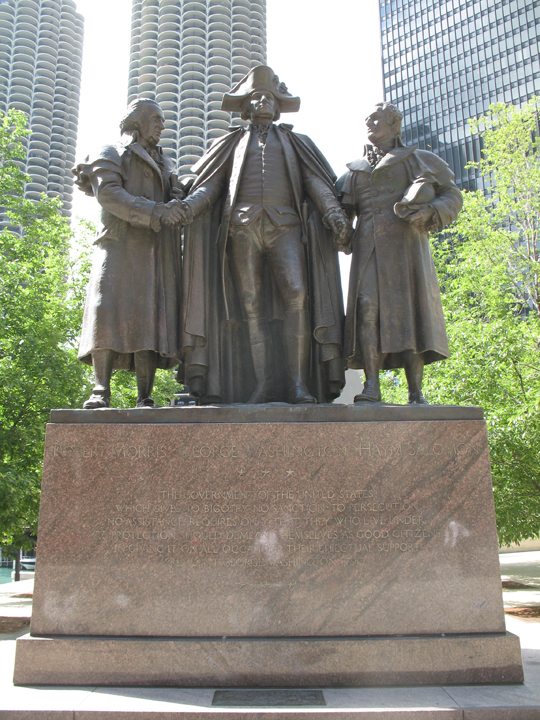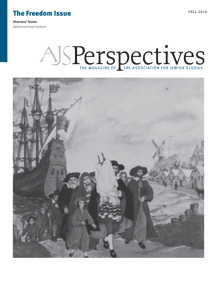
For liberty is profoundly destabilizing. So many certainties become unmoored. So much suddenly seems possible. It was certainly so for Jews in antebellum America. The Revolution rippled across decades, swamping features of Jewish communal life that seemed unsinkable. The monopoly of the synagogue-community floundered when confronted with the ideals of Jeffersonian democracy. Reformers, confident in their defiance of authority, demanded that Judaism reflect the spirit of the age, even as others, concerned that the Revolution would sweep away the foundations of Jewish life, pushed back against the tide. And Jewish authors, playwrights, and poets produced work steeped in republicanism.
Many Jews relished the hurly-burly of the new nation's political and social life. Yet an open society disquieted those concerned about Jewish distinctiveness and continuity: would freedom be good for Jews, but bad for the Jews? Would the collective succumb when the individual was at liberty to choose?
As in America, aftershocks of the revolution in South Africa continue to rattle the Jewish community more than two decades after the democratic transition. There, as here, much present and future friction has been caused by the tectonic encounter between lofty constitutional principles and entrenched ways of doing things. South African Jews are justly proud of their country's constitution— a model of progressive and pluralistic values— but are struggling to work out what to do when these ideals rub against practice. Their position is complicated by assertive courts and assertive activists, both emboldened by a kind of righteousness that seems to flare after a revolution, and a sense that the dynamics of power have shifted. Traditionalists, in turn, feel threatened by efforts to upend the status quo. The issues are predictable: the public role of women in a place where the institutions of Orthodoxy wield considerable influence; the balance between hierarchy and democracy in a community in which centralized structures still exercise considerable control; and tensions over who speaks for Jews and what is permissible to say. In many ways, these intracommunal battles are still at an early stage in South Africa, and, unlike in the early Republic, it is unclear that the insurgents will prevail.
If revolution agitates Jewish life, so too can the effort to forge a new nation. Inevitably the formation of a new national identity creates pressures from within and from without the Jewish community. Do Jews need to conspicuously demonstrate their loyalty? What place will they occupy within the new society? How forcefully should they speak in the public square? And what balance should they seek between distinctiveness and acculturation?
Here early twenty--first-century South African Jews have been at an obvious advantage over their early nineteenth-century American forebears. Post-apartheid South Africa initially favored an inclusive multiculturalism that demanded no single way of being South African, in part to achieve peace and unity in a country that is a hodgepodge of ethnicities, but also to deliberately break with the separatism and hierarchies of its past. The pressure to assimilate was far greater in the early Republic where the number of Jews was so small and Protestant culture so dominant. But such things change. South Africans now rarely speak of themselves as the "rainbow nation," and race has been restored as a key marker of difference in a society that once aspired to nonracialism. Whether it is a good thing or not, for Jews in the future it seems far more likely their whiteness will be held against them than their Jewishness.
This points to another dynamic factor: freedom is a fluid concept. Jews in South Africa embraced Mandela as eagerly as those in the early Republic clutched to Washington, and for many of the same reasons. Mandela performed in gesture—a starring role for the Chief Rabbi at the presidential inauguration, visits to synagogues, frequent expressions of warmth—what Washington's letter to the Jews of Newport performed in words. Jews in both places repaid these overtures by embellishing their own cults of loyalty. But since the Jewish role in the Revolution was marginal compared to that in the South African transition, only remote figures could be dragooned into a starring role in the Jewish retellings of the American creation narrative. Paradoxically, the relative obscurity of Haym Solomon (d. 1785) meant that he became a more pliable waxwork figure than the legions of Jewish associates and activists who worked with Mandela. Many of the latter have been reluctant to march in step with the leadership of the Jewish community on Israel and other matters.

It is all too easy to read Washington's letter to the Jews of Newport as an unbreakable covenant between the new nation and its Jews, a role that it has performed in collective memory. There was, however, nothing inevitable about the persistence of the principles it contained. Nor, for that matter, is there even consensus about the original meaning of the text. One of its most quoted sentences—"the Government of the United States, which gives to bigotry no sanction, to persecution no assistance"—is followed immediately by a notable coda— "requires only that they who live under its protection should demean themselves as good citizens in giving it on all occasions their effectual support." As South African Jews are being reminded at present, revolutions unlock an array of forces and impulses, and it is unclear which will prevail. Whoever does, their understanding of good citizenship and liberty will shape how Jews experience freedom in South Africa in the years to come.
Freedom is a fantastic thing. Just scary. Best appreciated with two centuries of hindsight. And worth every moment of angst it causes.

